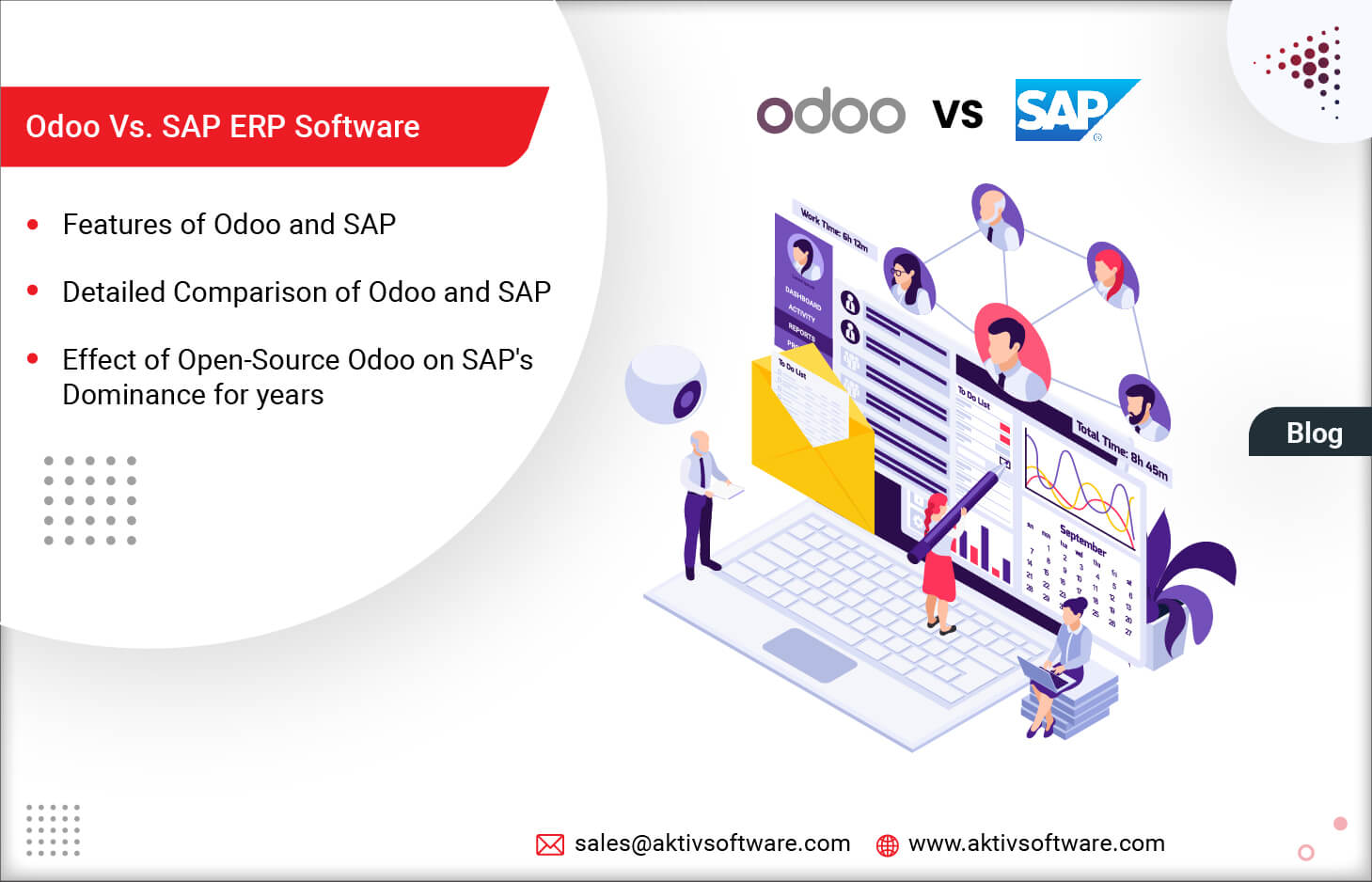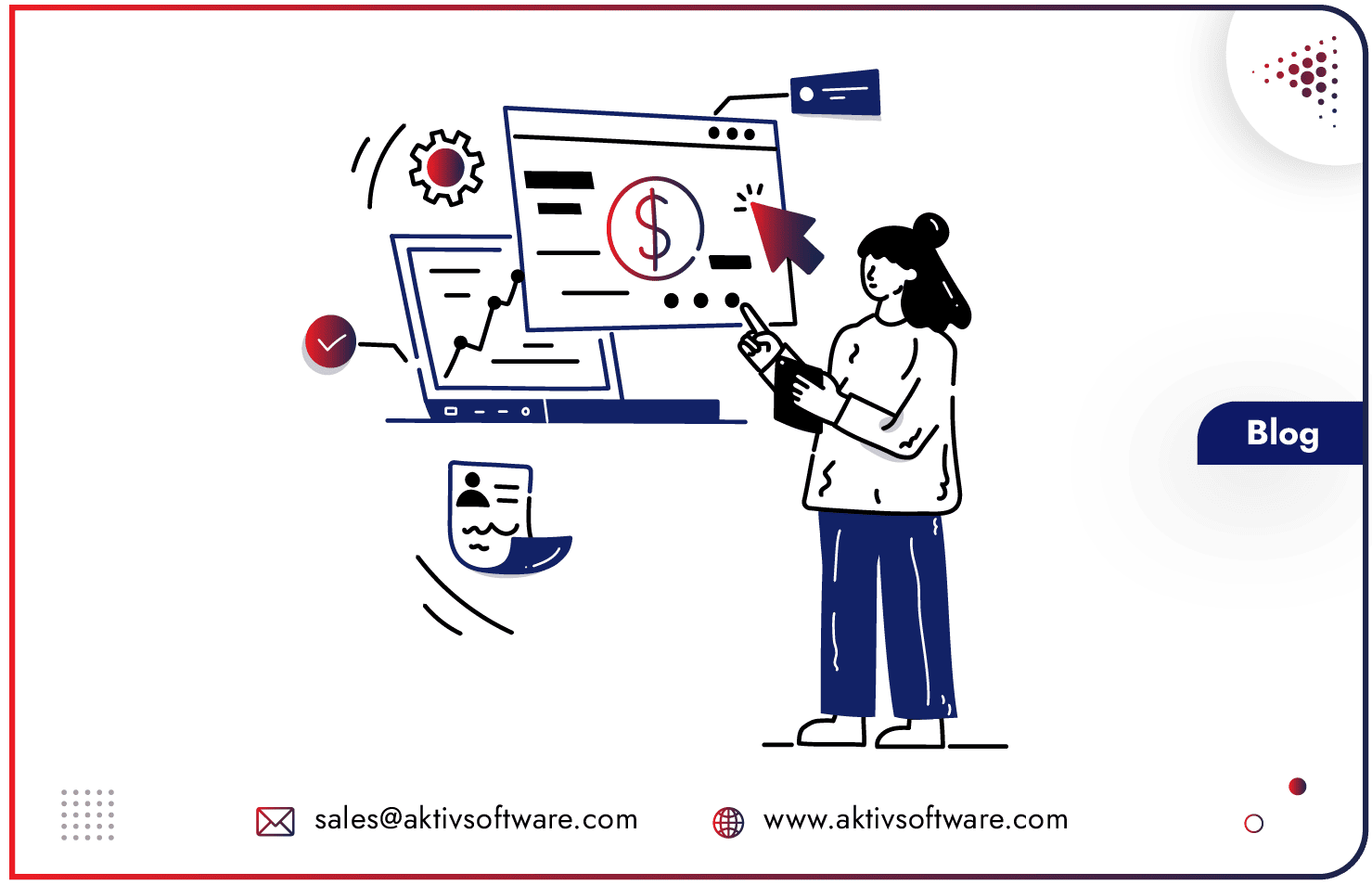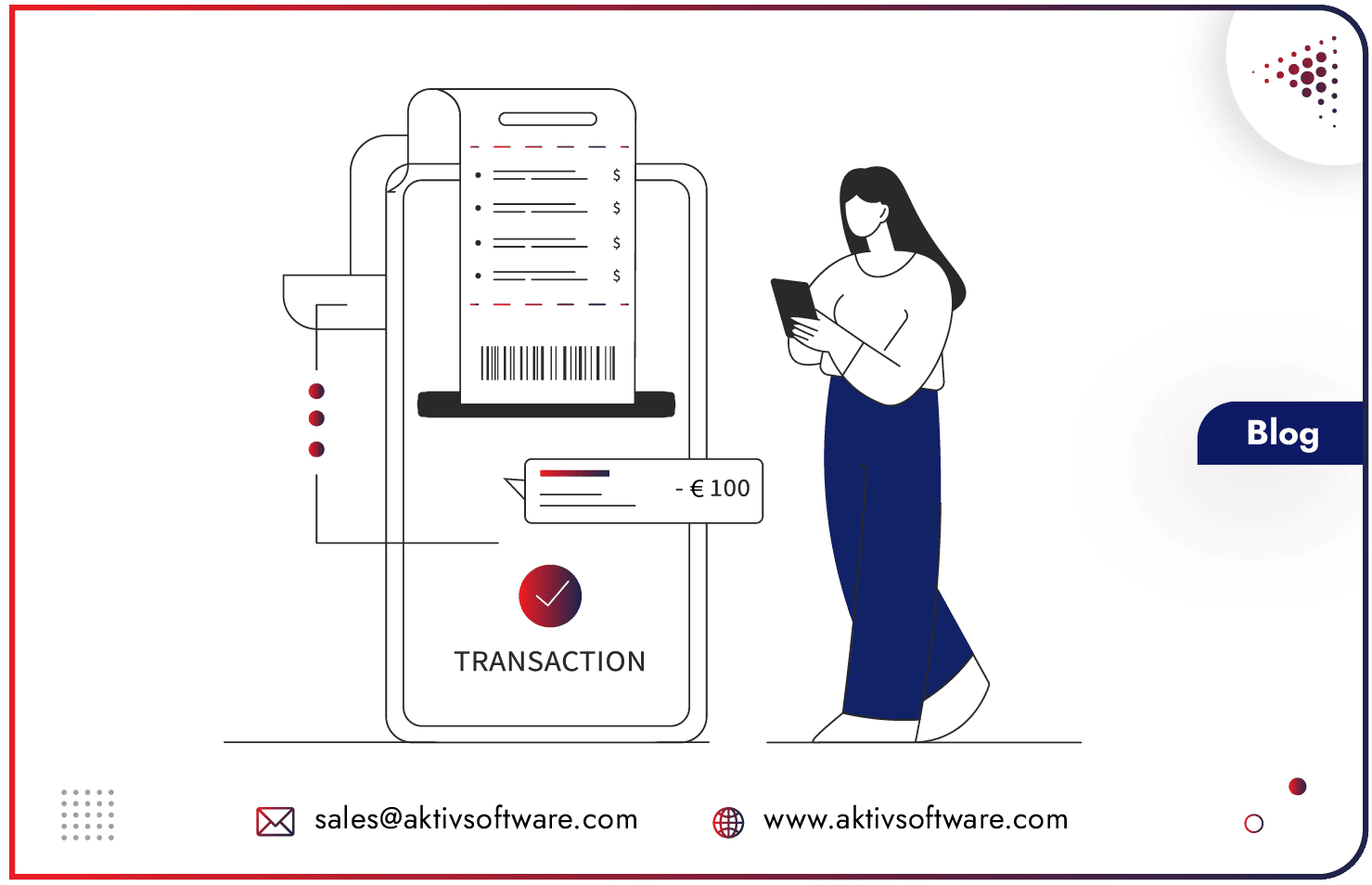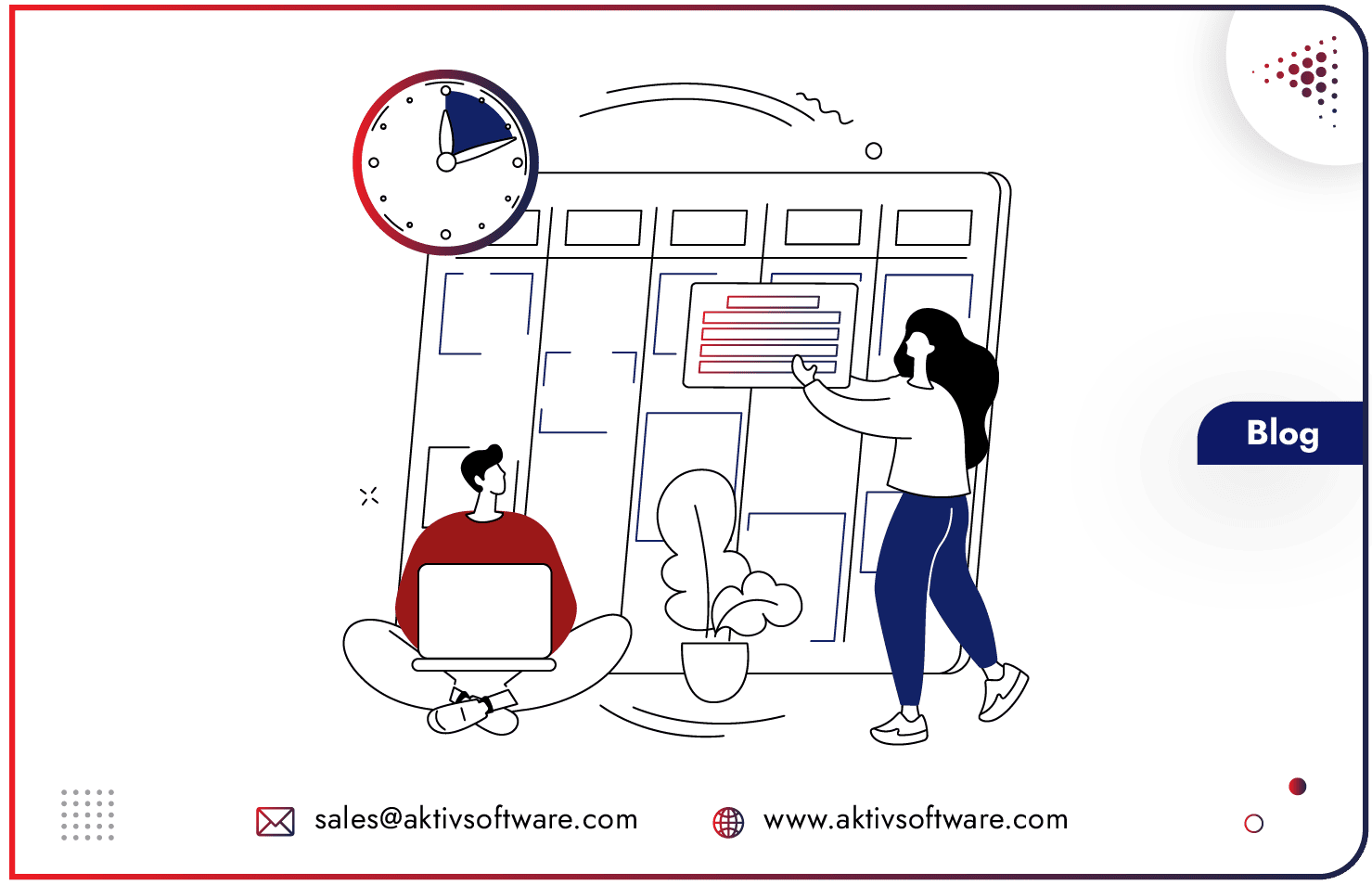Before we dig deeper into the Odoo Vs SAP ERP differences, let’s discuss how ERP systems are differentiated.
The Enterprise Resource Planning system is intended to facilitate the business/company with information that impacts their decisions and ROI. Depending on the need of an organization, it will require different ERPs.
For instance, manufacturing/retail companies will require smooth inventory management, consulting firms will look to enhance their daily operations, elsewhere different commerce stores will need assistance with integrating services and managing finances.
So, depending upon the business and requirements, the ERP system feature varies to fit best for your needs. Be it Finances, HR, Production, Orders, or Inventory, you could expect all of these features on an ERP platform.
Talking about the ERP software platforms, here are a few legacy ERP systems that continue to reflect a strong impact on businesses:
– NetSuite ERP
– Business Cloud Essentials
– Sage3
– SAP
– Odoo
In this blog, we will discuss the sap vs odoo comparison– as both are popular ERP systems, which have evolved many businesses and maximized their ROI while looking after the factors such as reduction in operational costs and improvements in returns.
Know more about Odoo ERP vs SAP Software Solutions
Odoo ERP is a power-packed management solution built on an open-source framework suitable for small and large enterprise resource planning. It offers various modules for accounting, sales, human resources, manufacturing, inventory, project management, and so on.
Topping it all, it also easily integrates with the website builder, POS, CRM, and various eCommerce apps to centralize the whole business process.
On the other hand, SAP is an ERP software solution designed to support larger and complex businesses.
It is designed for enterprises that need advanced features and in-depth functionality. It provides highly specialized features for industries like manufacturing, retail, and finance, with greater emphasis on compliance, large-scale operations, and complex project management.
Let’s take a closer look at the difference between SAP and Odoo:
|
Feature |
Odoo |
SAP |
|
🎯Target Market |
Small to medium-sized businesses (SMBs) and growing enterprises. |
Large enterprises, multinational corporations, and medium-sized companies require advanced solutions. |
|
💲 Pricing Model |
Odoo offers both a community edition (free) and an enterprise edition (paid). The enterprise version operates on a subscription model based on the number of users and modules used. |
SAP has a higher initial cost, with licensing fees based on modules and the number of users. Pricing is generally higher compared to Odoo, with more complex pricing structures for large enterprises. |
|
⏳Implementation Time |
Generally faster for SMBs (2-6 months) due to its modular and flexible nature. However, complex implementations may take longer. |
Longer implementation time (6-12 months or more) for enterprises due to its complexity and the need for customization, particularly for large, multinational corporations. |
|
💡Customizability |
Highly customizable, allowing businesses to add or modify modules to meet their specific needs. Open-source (Community Edition) fosters flexibility and adaptability. |
Customizable but changes can be costly and time-consuming. SAP tends to offer rigid standardization with less flexibility compared to Odoo. |
|
🤩User Interface |
Modern, user-friendly interface with easy navigation. The interface is more intuitive, particularly for SMBs or non-tech-savvy users. |
Known for a more complex, rigid interface, often requiring extensive user training, especially for new users or organizations transitioning to SAP. |
|
🚧Deployment Options |
Offers on-premise, cloud, and hybrid deployment options. Odoo’s cloud version is more cost-effective and quicker to implement. |
Offers on-premise, cloud, and hybrid options. However, SAP S/4HANA cloud solutions can be more expensive and require specialized IT infrastructure for on-premise implementations. |
|
📈Scalability |
Highly scalable, particularly suited for small and medium-sized businesses. Can scale as the business grows, but complex customizations for large-scale operations may require more time and effort. |
Designed for large-scale businesses, handling complex processes and high volumes of transactions. SAP is robust for large enterprises, but may be more than what smaller businesses require. |
|
🔗Integration Capabilities |
Integrates easily with third-party applications and offers numerous API integration options. Odoo’s modular structure supports smooth integration between its apps and external software. |
Seamless integration with other SAP products, but integration with non-SAP solutions can be complex, often requiring third-party software and extensive consulting support. |
|
💎Industry Specialization |
Provides general modules applicable across industries but also offers specific modules for verticals like manufacturing, retail, and eCommerce. Flexible for various industries. |
Offers industry-specific solutions, such as for automotive, retail, manufacturing, finance, and healthcare. |
|
📩Support & Maintenance |
Community-driven support for the free version, with paid support for the enterprise edition. Odoo partners and implementation consultants provide support options, but these are generally more affordable than SAP. |
Comprehensive but expensive support packages, including SAP partners and in-house consultants. Offers dedicated 24/7 support but at a higher cost. Maintenance of SAP systems also tends to be costly. |
|
🚀Updates & Upgrades |
Frequent updates, with annual major releases. Easy to upgrade due to the modular structure. Odoo users often benefit from new features quickly. |
Less frequent major updates, but when they occur, they often require a more complex upgrade process. Upgrading SAP systems can be resource-intensive, requiring significant planning and downtime for large enterprises. |
|
📂Training & Documentation |
Extensive online documentation, user manuals, and tutorials. The Odoo community is vibrant, providing ample free resources and training materials. |
SAP offers formal training programs, including certifications through SAP Learning Hub, but they are usually more expensive. The learning curve for SAP is steep, often requiring longer and more structured training. |
|
🧡Community & Ecosystem |
Strong community due to the open-source nature of the Community Edition. Thousands of third-party developers contribute apps and add-ons to the Odoo apps store. |
Large partner network and ecosystem, but less community-driven compared to Odoo. |
|
✅Compliance & Security |
Odoo ensures data security with features like encryption and multi-factor authentication. Cloud version complies with major security standards, but on-premise security depends on the implementation partner. |
SAP has enterprise-grade security features like encryption, access control, and regular security audits. SAP solutions are known for their compliance with various global industry standards, especially in finance. |
Odoo Vs SAP: Feature-wise Comparison
| Module/Business Process | Odoo | SAP |
| Supply Chain Management | Strong SCM capabilities with integrated modules for inventory, procurement, and manufacturing. | SAP offers advanced SCM features for real-time supply chain planning, demand forecasting, and logistics. |
| MRP | Basic to advanced MRP modules with integration into supply chain, CRM, and sales. | SAP provides robust MRP and advanced manufacturing execution systems (MES) for large-scale operations. |
| Project Management | Integrated project management apps; suited for small to mid-sized projects. | Advanced project management features with complex resource planning and budget tracking. |
| Inventory Structure | Odoo offers multi-warehouse management, stock movements, and real-time inventory tracking. | SAP provides advanced Material Management (MM) and Warehouse Management (WM) solutions for large-scale inventory control. |
| Financial Management | Strong accounting and financial management features, especially with multi-currency and localization support. | SAP’s financial management is enterprise-level, handling complex transactions, global regulations, and compliance requirements. |
| Invoicing & Payments | Easy-to-use invoicing system with integrated payment gateways. Recurring invoicing is supported. | SAP supports invoicing, credit management, and integration with customer-specific payment terms. |
| Human Resource | Comprehensive HR module with apps for recruitment, payroll, and time management. | Advanced HR management, including global payroll and talent management. |
| E-commerce Capabilities | Odoo’s built-in eCommerce module integrates directly with inventory and sales and other essential apps. | SAP integrates with SAP Commerce Cloud (Hybris), suitable for large-scale, multi-channel operations. |
| CRM | Modular and user-friendly CRM with customer data management, lead management, and sales tracking. | SAP offers enterprise-grade CRM with deep customer insights, sales forecasting, and marketing automation. |
| Collaboration Tools | Odoo includes a built-in communication tool- Discuss for team collaboration, file sharing, and project updates. | SAP integrates with SAP Jam Collaboration, supporting large teams and projects with complex communication needs. |
| Service Management | Offers comprehensive helpdesk and customer support management through the Odoo Helpdesk app. | SAP has a service management system for field service and customer support, with service analytics |
Final Thoughts on Odoo ERP Vs SAP ERP
The Inevitable Effect of Open-Source SAP vs Odoo Dominance Since Years
SAP is one of the oldest ERP solutions in the market, while Odoo is an open-source ERP found since 2014. Still, Odoo is becoming an apparent replacement for SAP due to its customizable and scalable nature.
Apart from being flexible to various business requirements, Odoo ERP is cost-effective.
SAP is one of the largest ERP software providers and is also mature enough to deal with the most complicated scenarios, but on the other hand, it is not flexible enough to handle complex workflow customizations.
Odoo, on the other hand, is a better alternative when you don’t have a bigger budget but also require customizations to handle the complex requirements of the enterprise.
At Aktiv Software, we have a team of certified Odoo developers who could help you customize and deploy Odoo for your business. Be it working on project-basis consultation/development or dedicated module, we are flexible when you look forward to choosing from various engagement models. Check out our Odoo development services and contact us for a free consultation now.
Get a personalised Odoo ERP demo that meets your business requirements with Aktiv






